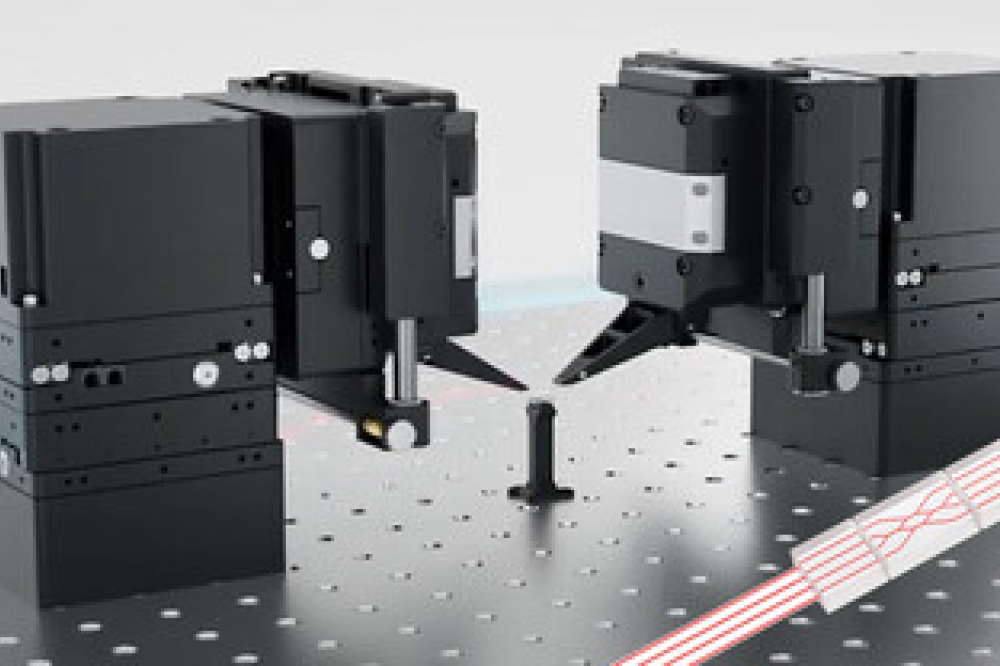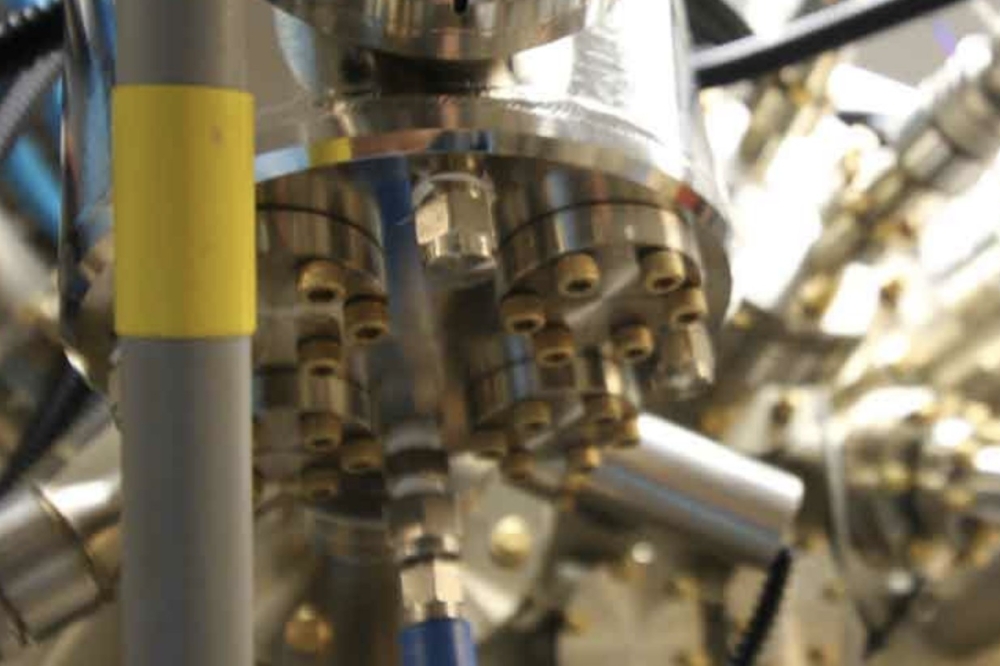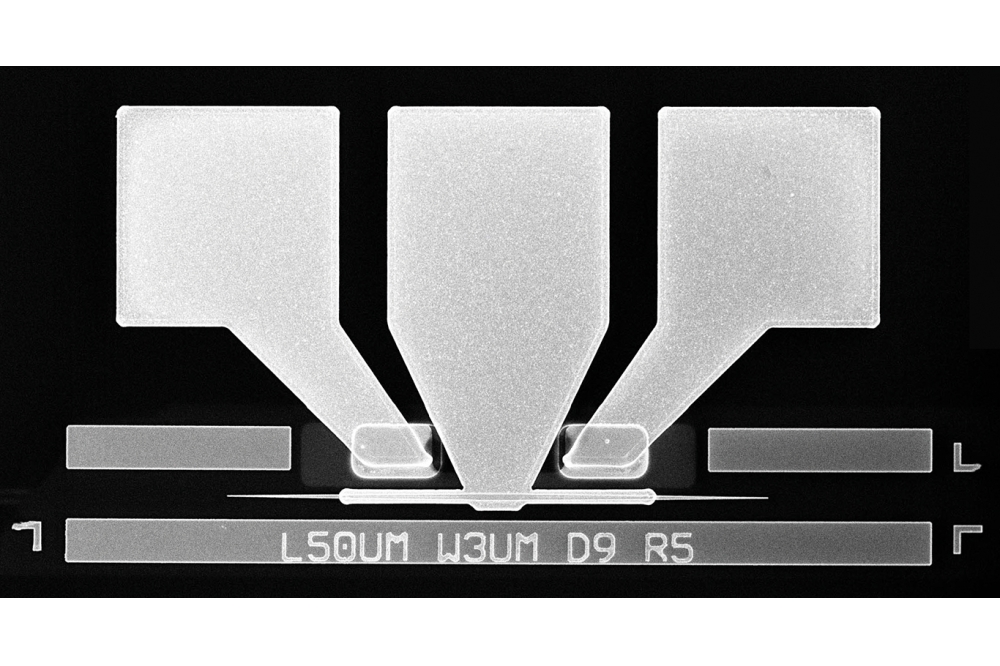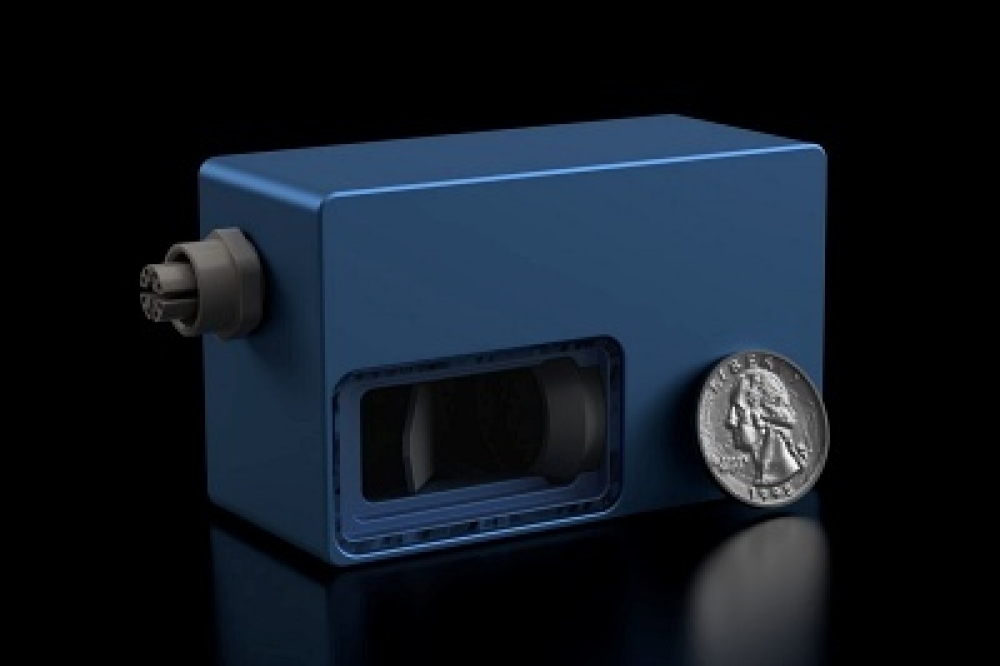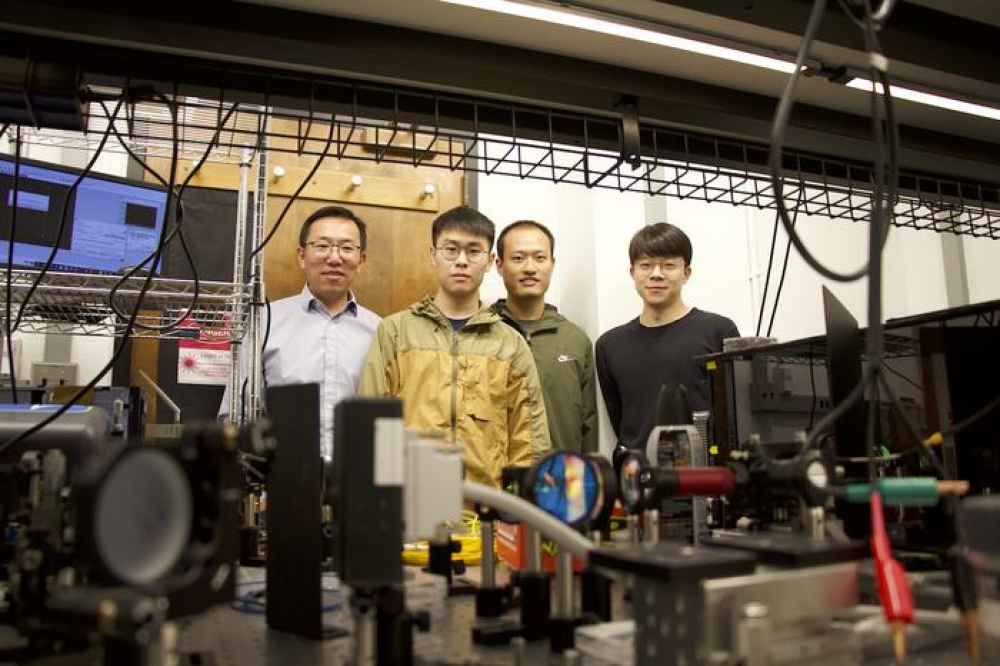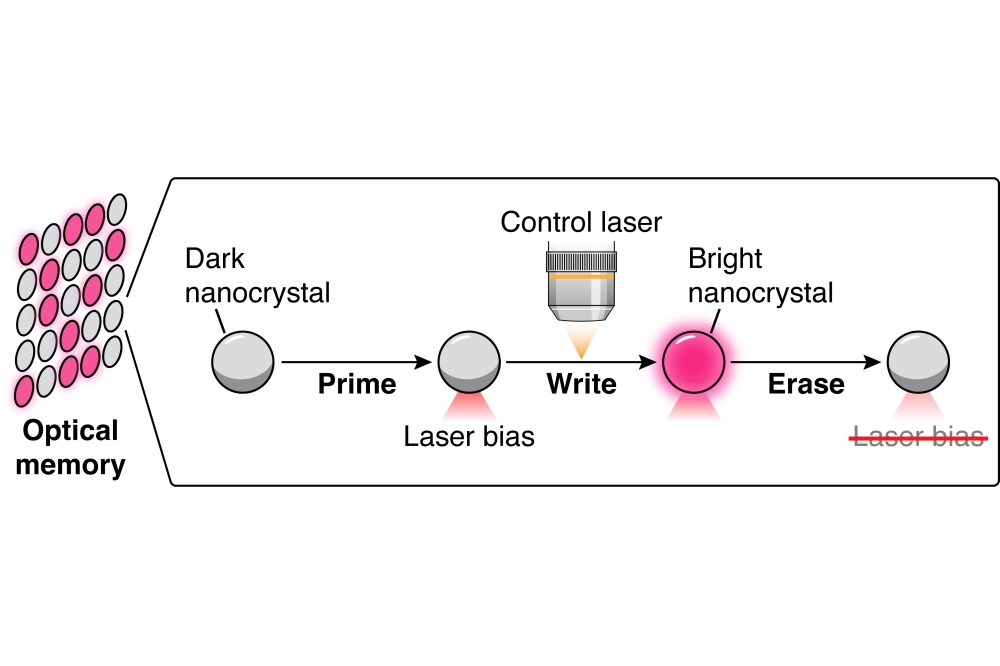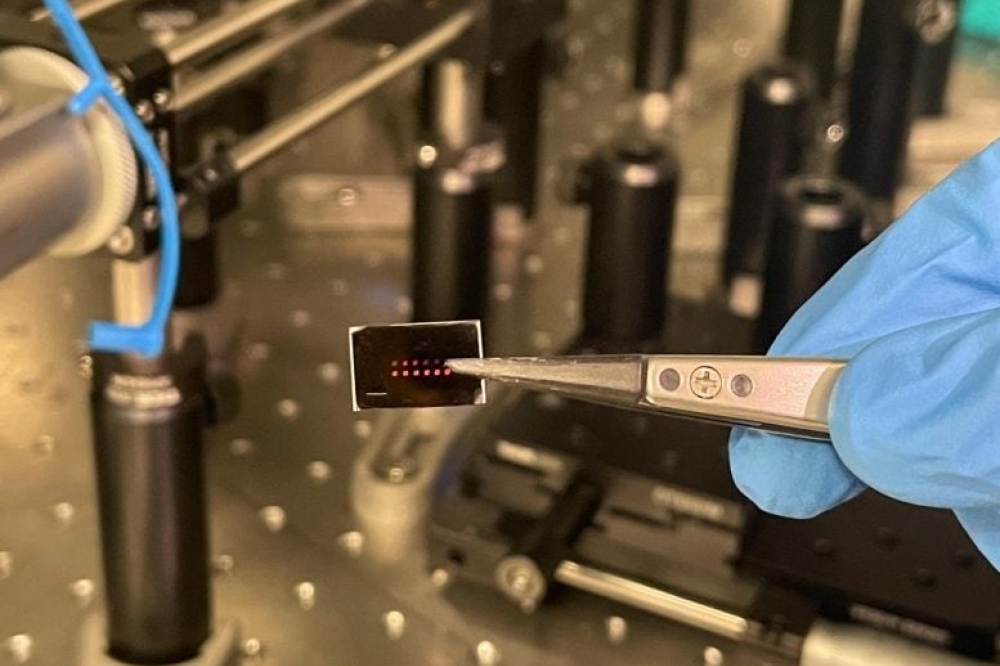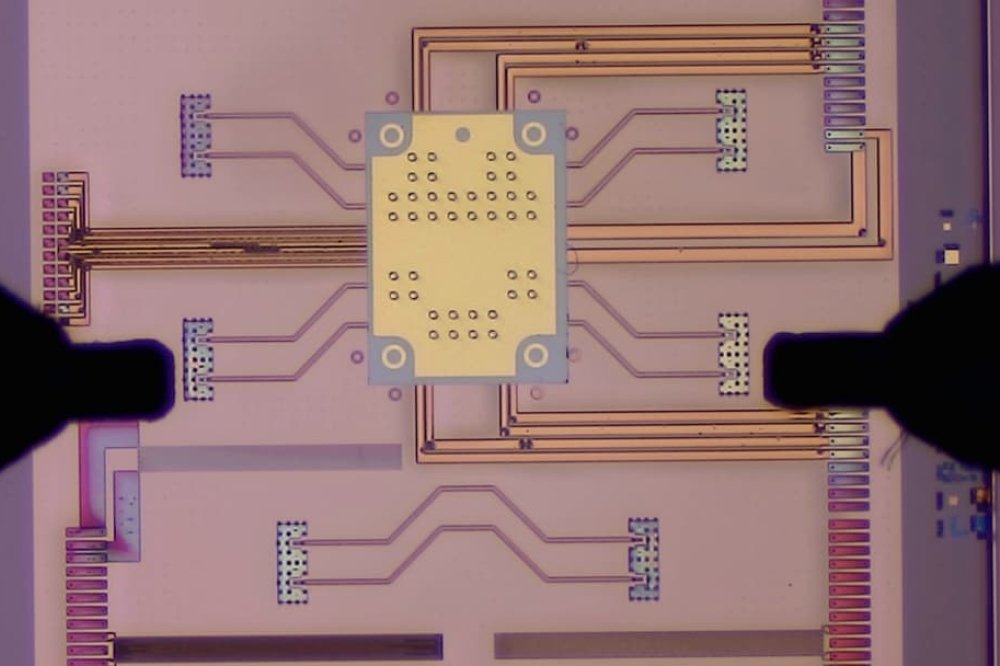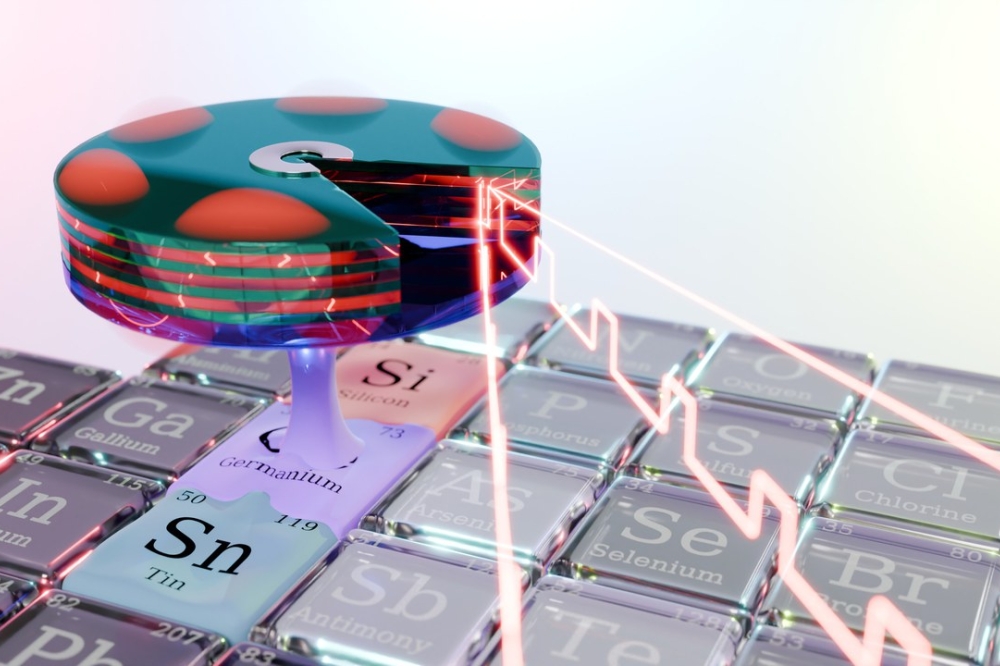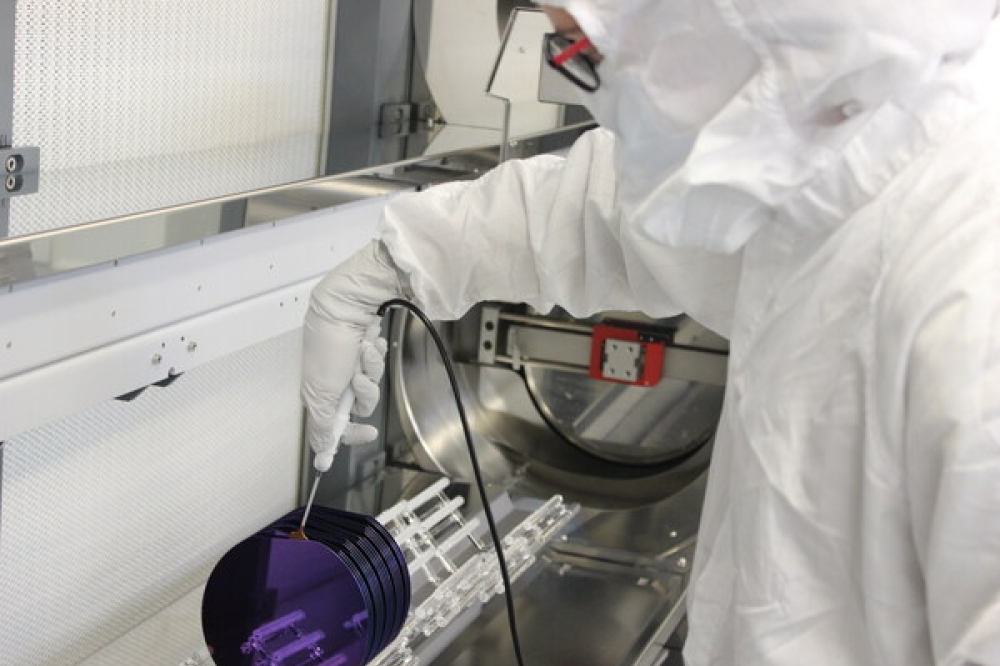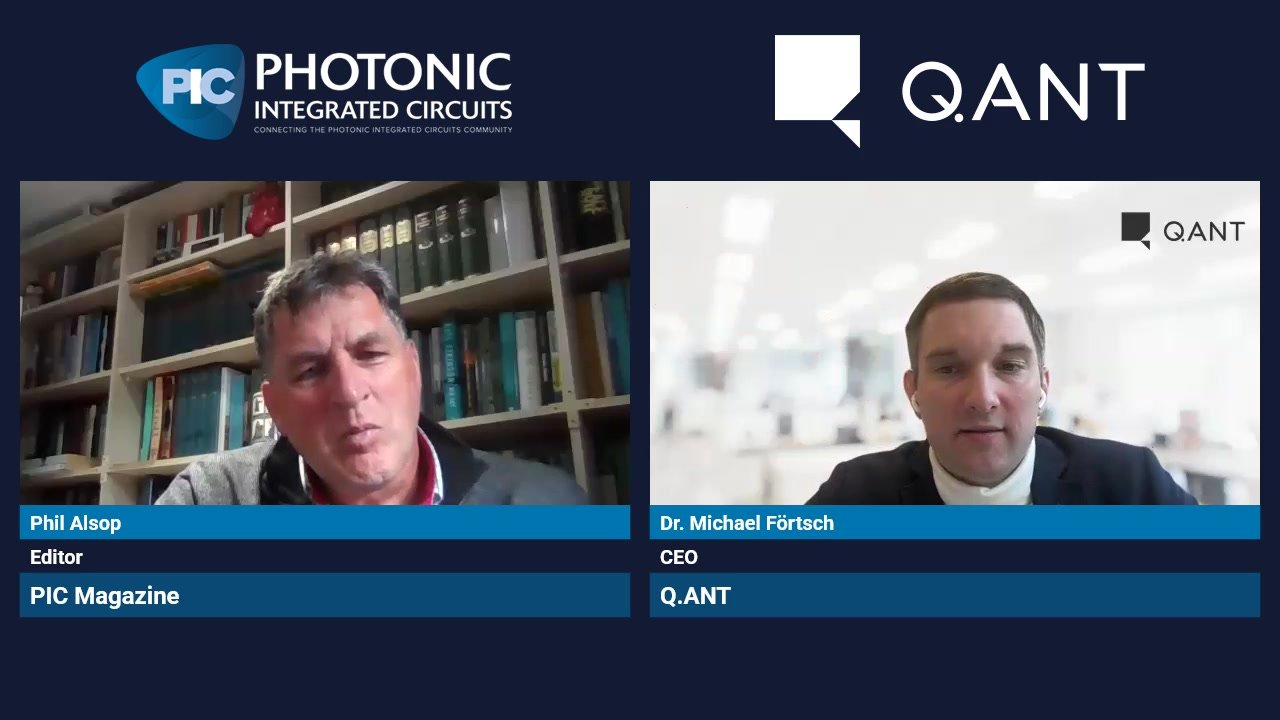PSNC, ORCA Computing, and NVIDIA collaborate on hybrid quantum-classical systems

Using ORCA’s quantum photonic systems installed at PSNC, together with NVIDIA GPU-based clusters, the collaboration will focus on building infrastructure for algorithm development, performance characterisation, and addressing grand challenge applications
ORCA Computing and Poznań Supercomputing and Networking Center (PSNC) have announced a collaboration with NVIDIA, aimed at accelerating the development of hybrid quantum-classical approaches. According to the organisations, this collaboration recognises the necessity of hybrid computing to unlock the full potential of quantum computing, and, by utilising real-world, hands-on use cases, represents a milestone in revolutionising various fields such as biology, chemistry, and key industry applications.
In what the organisations say is an industry first, the initiative will capitalise on utilising multiple quantum computers, the ORCA PT-1 Series quantum photonic systems, recently installed at PSNC, in conjunction with NVIDIA GPU-based clusters. Additionally, the parties intend to harness PSNC’s developer environment and the NVIDIA CUDA-Q open-source quantum computing platform, all functioning within a unique hardware and software ecosystem.
According to the organisations, the project aims to leverage PSNC’s robust infrastructure and high-performance computing prowess, along with ORCA’s expertise in quantum computing and NVIDIA’s advanced GPU and quantum software environment, to redefine computational paradigms. The collaborative efforts will concentrate on building the necessary infrastructure for algorithm development, performance characterisation, and addressing grand challenge applications.
This news follows ORCA’s recent announcement of the first demonstration of a hybrid quantum-classical algorithm powered by its PT Series System and NVIDIA CUDA-Q, which the company says is a significant milestone towards real-world applications of quantum computing.
“In response to the evolving computational landscape, PSNC has actively engaged in tackling quantum challenges within research and IT sectors,” said Krzysztof Kurowski, deputy director and CTO of PSNC. “This collaboration presents an exceptional opportunity to accelerate hybrid application development and unlocks new computational possibilities. The hybrid integration of quantum computing and GPU technologies holds the promise of unlocking even more efficient and effective AI-based approaches for knowledge discovery processes.”
Richard Murray, cofounder and CEO of ORCA Computing, said: “This collaboration heralds a new era of computational innovation in quantum computing. Aligning ORCA with like-minded partners in quantum will unlock unprecedented capabilities in solving complex real-world problems across various disciplines, now and into the future.”
Timothy Costa, director of High-Performance Computing and Quantum at NVIDIA, added: “This is an important step toward realising the full potential of quantum-accelerated supercomputing. This collaboration will accelerate developments in the most important use cases, fostering groundbreaking discoveries and driving technological advancements that help shape the future of computing.”



